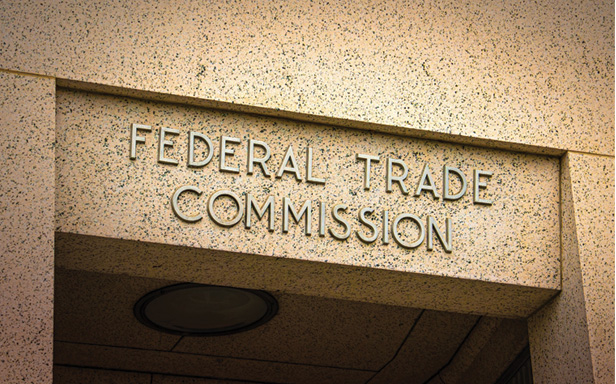June 18, 2024
FTC Sues Adobe Over Termination Fees, Cancellation Hurdles
Many designers, decorators/printers and others in the promo products space rely on Adobe offerings like Creative Cloud.
The Federal Trade Commission (FTC) has sued Adobe and two of its executives, saying the maker of Creative Cloud is deceiving consumers by hiding hefty termination fees and strategically putting up roadblocks that make canceling a subscription difficult.
The FTC says the actions of the software maker, David Wadhwani, president of the firm’s digital media business, and Adobe Vice President Maninder Sawhney amount to violations of the Restore Online Shoppers’ Confidence Act – a 2010 federal law that bans the imposition of certain charges, including for automatic subscription renewals, unless material terms are laid out openly and customers’ informed consent is obtained.

The FTC is asking a federal court to hit Adobe with civil penalties and a permanent injunction that will prevent the company from continuing to commit its alleged violations.
“Adobe trapped customers into year-long subscriptions through hidden early termination fees and numerous cancellation hurdles,” said Samuel Levine, director of the FTC’s Bureau of Consumer Protection. “Americans are tired of companies hiding the ball during subscription signup and then putting up roadblocks when they try to cancel. The FTC will continue working to protect Americans from these illegal business practices.”
A spokesperson for Adobe said the technology solutions provider rejects the FTC’s allegations and plans to battle against them in court.
“Subscription services are convenient, flexible and cost-effective to allow users to choose the plan that best fits their needs, timeline and budget,” said Dana Rao, Adobe's general counsel and chief trust officer. “We are transparent with the terms and conditions of our subscription agreements and have a simple cancellation process.”
Many designers, decorators/printers and others in the print/promo products space rely on Adobe offerings like Creative Cloud. That platform features more than 20 creative apps, including Photoshop and Acrobat Pro.
“Adobe trapped customers into year-long subscriptions through hidden early termination fees and numerous cancellation hurdles.” Samuel Levine, FTC
According to the FTC, Adobe and its complaint-named executives have been shoving users toward an “annual paid monthly” subscription but failing to make clear that terminating the plan in the first year could cost hundreds of dollars. The early termination fee (ETF) is 50% of the remaining monthly payments when a consumer cancels in the first year.
“Adobe’s ETF disclosures are buried on the company’s website in small print or require consumers to hover over small icons to find the disclosures,” the FTC said, noting consumers have lodged complaints about this, and adding: “Adobe uses the ETF to ambush consumers to deter them from cancelling their subscriptions.”
The FTC further alleged that Adobe tries to deter cancellation by intentionally making plan termination difficult – something done, in part, by compelling consumers to navigate numerous website pages in order to nix a subscription.
“When consumers reach out to Adobe’s customer service to cancel,” the FTC said, “they encounter resistance and delay from Adobe representatives. Consumers also experience other obstacles, such as dropped calls and chats, and multiple transfers. Some consumers who thought they had successfully cancelled their subscription reported that the company continued to charge them until discovering the charges on their credit card statements.”
For the quarter ended March 1, subscriptions accounted for 95% of Adobe’s $5.18 billion in revenue – a tally of $4.92 billion.
